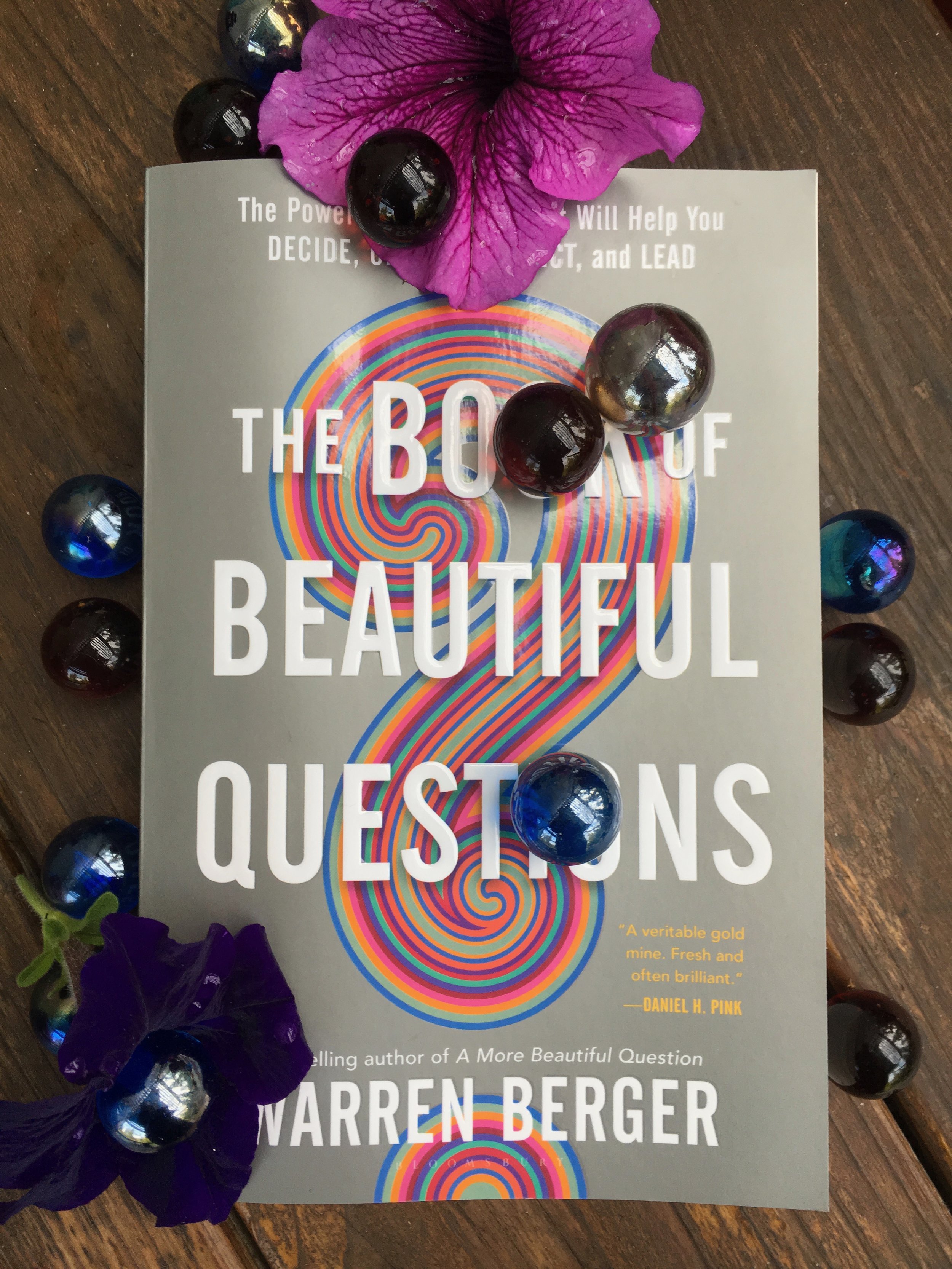The most awesome thing about hosting a podcast is that I get to hang out with my guests and talk about creativity and writing. And one of the primary things I brought away from my conversation with Heather Webb and Hazel Gaynor is that I need to write books that require really fun research.
And I mean really fun, as in hanging out on the Cote d’Azur, visiting French parfumeries, and even taking perfume making classes! Clearly I write the wrong kinds of books. Research for Everything You Are took me to Seattle, where I got lost (briefly), sampled many different coffee roasts, explored the lobby of a hospital, and took a long walk in a park. All of this was fun, but not like hanging out in France and learning how to make perfume.
Of course, writing historical fiction requires a lot more research than I usually get into, and both Heather and Hazel are meticulous and professional about the research they do for their books, so immersion on location is necessary. In this case, with Meet Me in Monaco, a novel that unfolds around the events of the marriage of Grace Kelly to Prince Rainier of Monaco, the decision to structure the book around a special fragrance designed for Grace by a struggling perfume maker is nothing short of brilliant.
As a side note, the quest of the character Marie to create an exquisite perfume that will not only fulfill her personal desire for the ultimate fragrance but also save her floundering business reminds me very much of how it can feel to be an author. For Marie, inspiration often comes from the scent of everyday things: a leather jacket, tobacco, a field of flowers.
Smell may be the most powerful of all the senses for evoking memory and emotion, and the use of fragrance in Meet Me in Monaco has served the book well, eliciting endorsements like this one, from Kate Quinn, NYT bestselling author of The Alice Network:
“A fragrant French bonbon of a book: love, glamour, perfume, and paparazzi all circling around the wedding of the century...”
We joked about the book being born of “scratch and sniff inspiration,” which I honestly think we all could benefit from. Next time I’m stuck in my writing, I’m going to go on a sensory tour just smelling things and see what happens!
You can listen to our conversation on my Creativity Quest podcast at any of the links below. If your favorite podcast app isn’t included, do a search - chances are good you can find and follow Creativity Quest on your favorite podcast site.
Enjoy!






